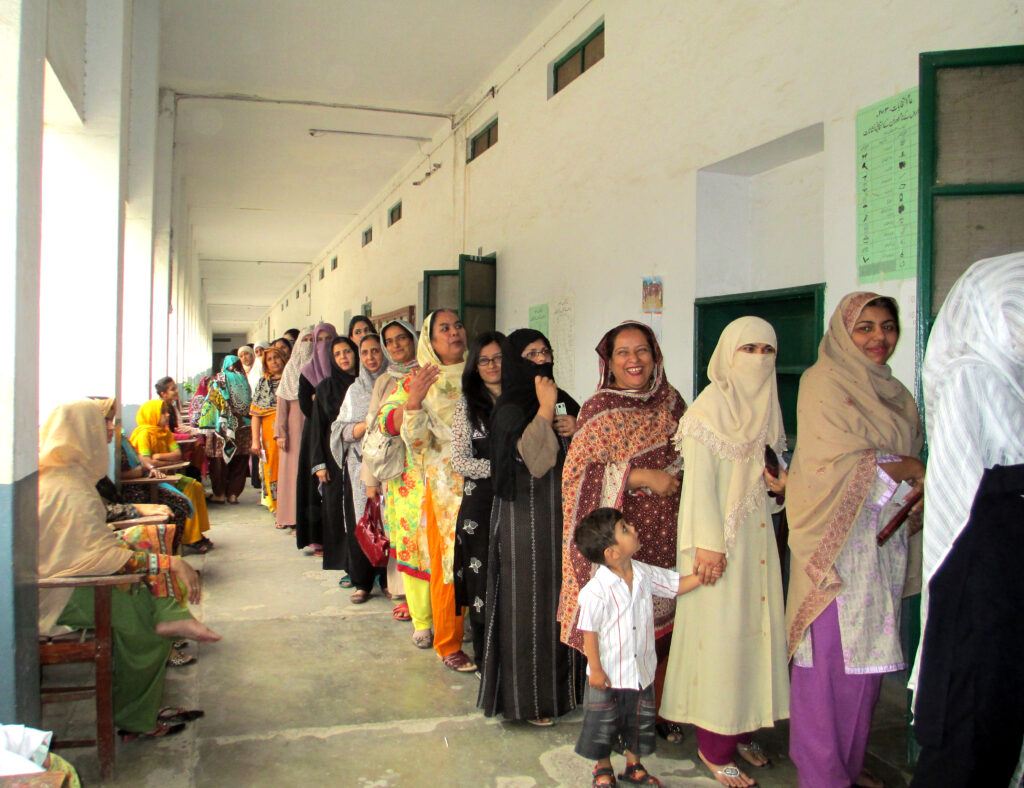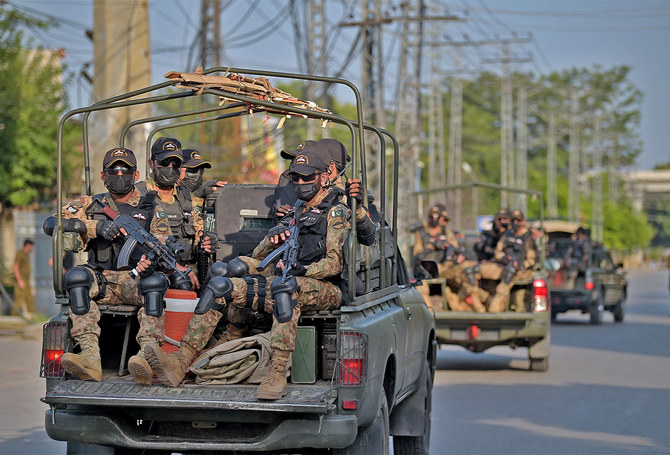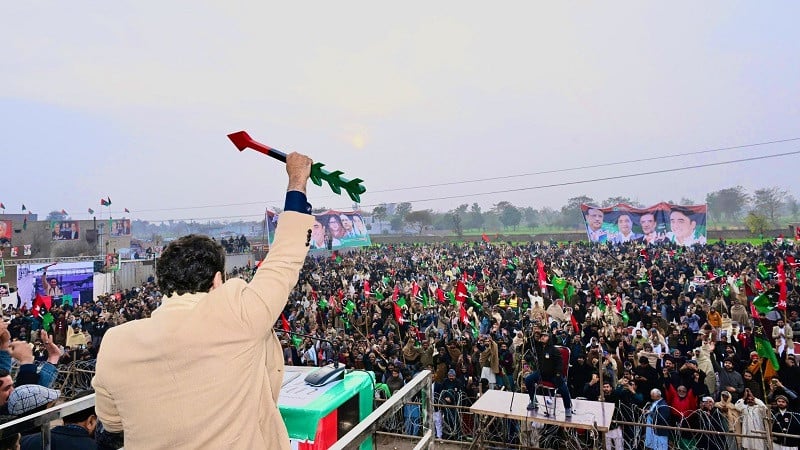
Amid complex geopolitical challenges, Pakistan finds itself standing on the precipice of a crucial electoral exercise in the upcoming weeks, which holds profound implications for its internal political stability and the overarching national security landscape for the years to come. The upcoming elections hold immense significance for the nation’s political and democratic well-being, which has been a shaky stage since the ouster of former Prime Minister Imran Khan.
The connection between internal political stability and national security is a critical aspect that demands careful consideration, especially in a region where geopolitical tensions and domestic challenges often arise.
Along with the political disturbance, Pakistan experienced another phase of terrorism and attacks on security and law enforcement personnel; ending the previous year on an alarming note for the country as groups such as TTP, BLA, and ISKP/ ISIS took advantage of the political turbulence and the anti-military sentiment.
As Pakistan stands at the crossroads of political transition, the outcome of these elections will inevitably shape the trajectory of the nation’s internal affairs and, by extension, its security landscape. In a rapidly changing environment of war and conflict, where actions from otherwise friendly states may become another security front, keeping Pakistan’s internal matters stable provides a unified national front to counter unforeseen threats.

Here, Pakistan’s internal political stability lies in the delicate balance of power among its various political forces and stakeholders. The country has experienced periods of democratic rule interspersed with military interventions, both of which resulted in a weaker democracy.
The upcoming elections hold the promise of reinforcing democratic norms and institutions for course correction and fairer shifts in the power dynamics of the country.
The ability of the political leadership to navigate these transitions peacefully and per constitutional norms will significantly impact the stability of the country. A stable political environment fosters economic growth, social cohesion, and effective governance, all of which are pivotal elements in ensuring the overall security of the country.
The issue of governance and effective administration cannot be overlooked in the context of internal stability. A government’s ability to address the needs and aspirations of its people, provide essential services, and implement policies that promote socio-economic development is paramount.
The electorate’s assessment of the incumbent government’s performance, as well as the manifestos put forth by competing political entities, will play a crucial role in shaping the outcome of the elections. But unfortunately for Pakistan where the political power has bounced mainly between two parties with military takeovers in between, their past assessments show the lack of seriousness towards tackling issues like inflation, education, and public health.
Also, interfering and influencing important local and federal governing institutions has weakened the democratic structure of the country. The role of the military in Pakistan’s political landscape is another critical factor that influences both internal stability and national security.
While the military has historically played a significant role in the country’s politics, adherence to democratic principles and the rule of law is crucial for long-term stability.
A nation grappling with internal political unrest faces numerous challenges that extend beyond its borders, affecting the overall security landscape. In Pakistan’s context, a history marked by periods of political instability has often correlated with security vulnerabilities. The country’s security apparatus is intricately tied to the political dynamics within its borders.
When internal politics are marred by volatility, the ability to address external threats diminishes, creating a breeding ground for instability. The military, a key player in Pakistan’s security architecture, finds its effectiveness compromised when domestic political factions engage in power struggles.

The upcoming elections will be closely watched at home and abroad to assess the military’s commitment to supporting the democratic process and whether it remains within the bounds defined by the constitution. A clear demonstration of civilian supremacy and a commitment to democratic norms will contribute to fostering internal stability, assuaging concerns, and promoting a conducive environment for national security.
It is essential to acknowledge the challenges that Pakistan faces on its path to internal stability, and how these challenges are intrinsically linked to the overall security of the nation. Issues such as terrorism, insurgencies, and regional conflicts pose formidable threats that necessitate a robust and cohesive response from the civil and military leadership.
The ability of the elected government to formulate and execute effective counterterrorism strategies, engage in diplomatic initiatives to address regional tensions, and manage internal conflicts will be paramount for ensuring the security of the nation.
The scrutiny at the moment is very high for both the political and military leadership of Pakistan.
While many may disagree, political unrest and instability have often challenged the very existence of countries throughout history and this is where internal political stability and national security come sharply into focus. The outcome of the elections will shape the trajectory of the nation, influencing its ability to address pressing challenges and navigate complex geopolitical realities and the changing dynamics of war.
However, a transparent, inclusive, and democratic electoral environment is essential for fostering the internal cohesion necessary to tackle security threats effectively, both domestic and foreign.
The eyes of the nation and the international community are on Pakistan, awaiting the unfolding of a democratic process that will not only determine its political future but also play a pivotal role in safeguarding its overall security.


















Leave a Reply